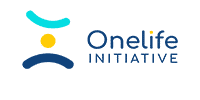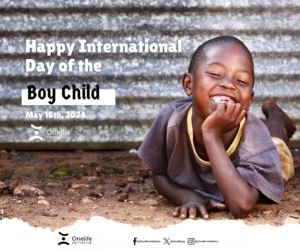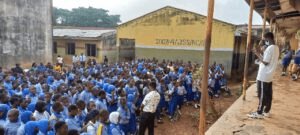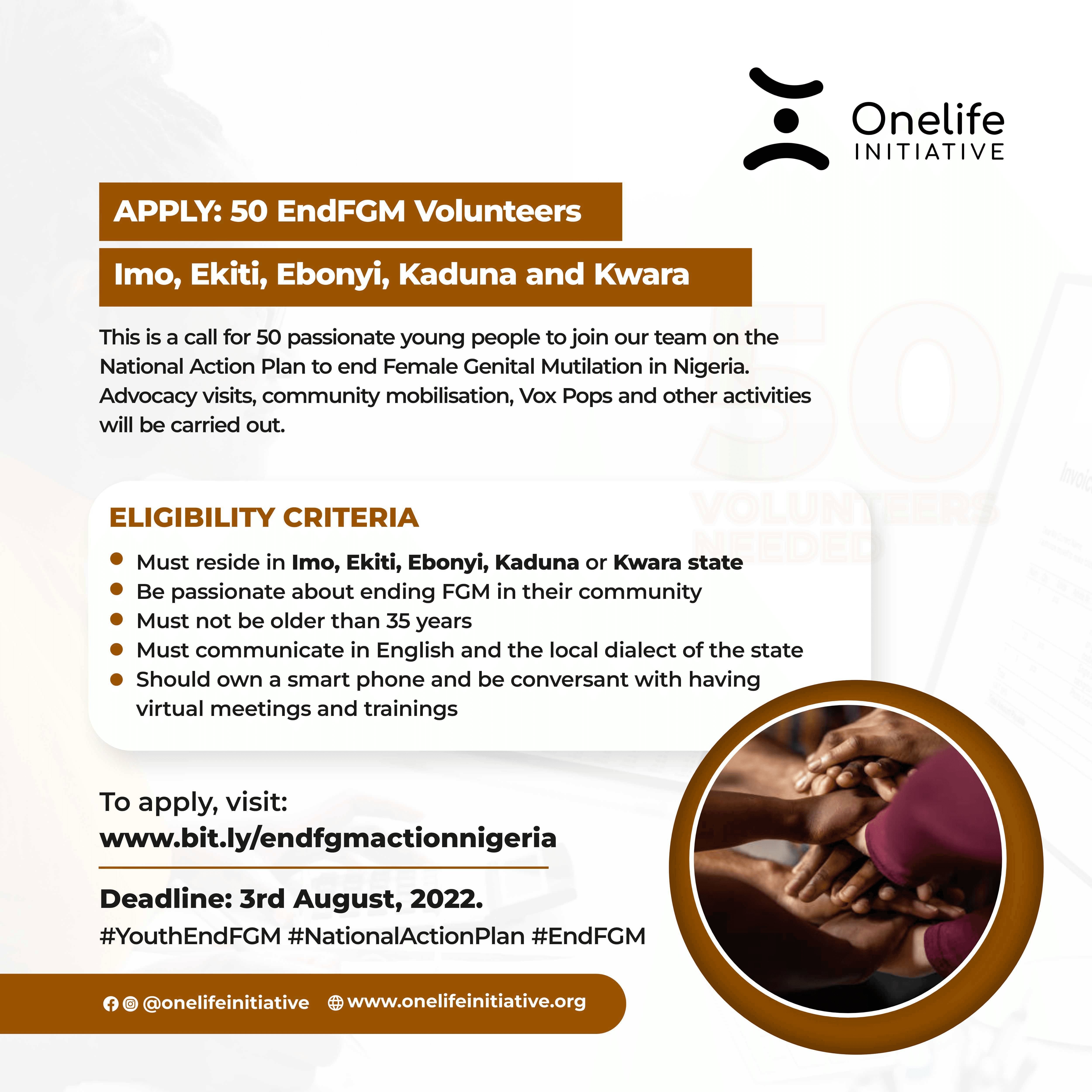Are Adolescents too Young to know about their Sexual and Reproductive Health?
There are a lot of different ways in which young people get information as regards their sexual and reproductive health such as from friends/peers (which has the highest vote), media, siblings, teachers and parents. Most times these friends do not have adequate or accurate information about the subject being discussed but since that’s the “surest” place to get information without bias then it’s thought to be safe.
Parents who are meant to be responsible for the sexual and reproductive health education of their children are usually the ones who shy away from talking about subjects pertaining to this. We hear things like “no one told me anything about my sexual and reproductive health while I was an adolescent, the children will learn themselves or figure it out” to justify themselves. Unfortunately in a society where the media and communities does almost nothing, Adolescents and Young Persons (AYPs) require adequate and accurate information about their SRHR.
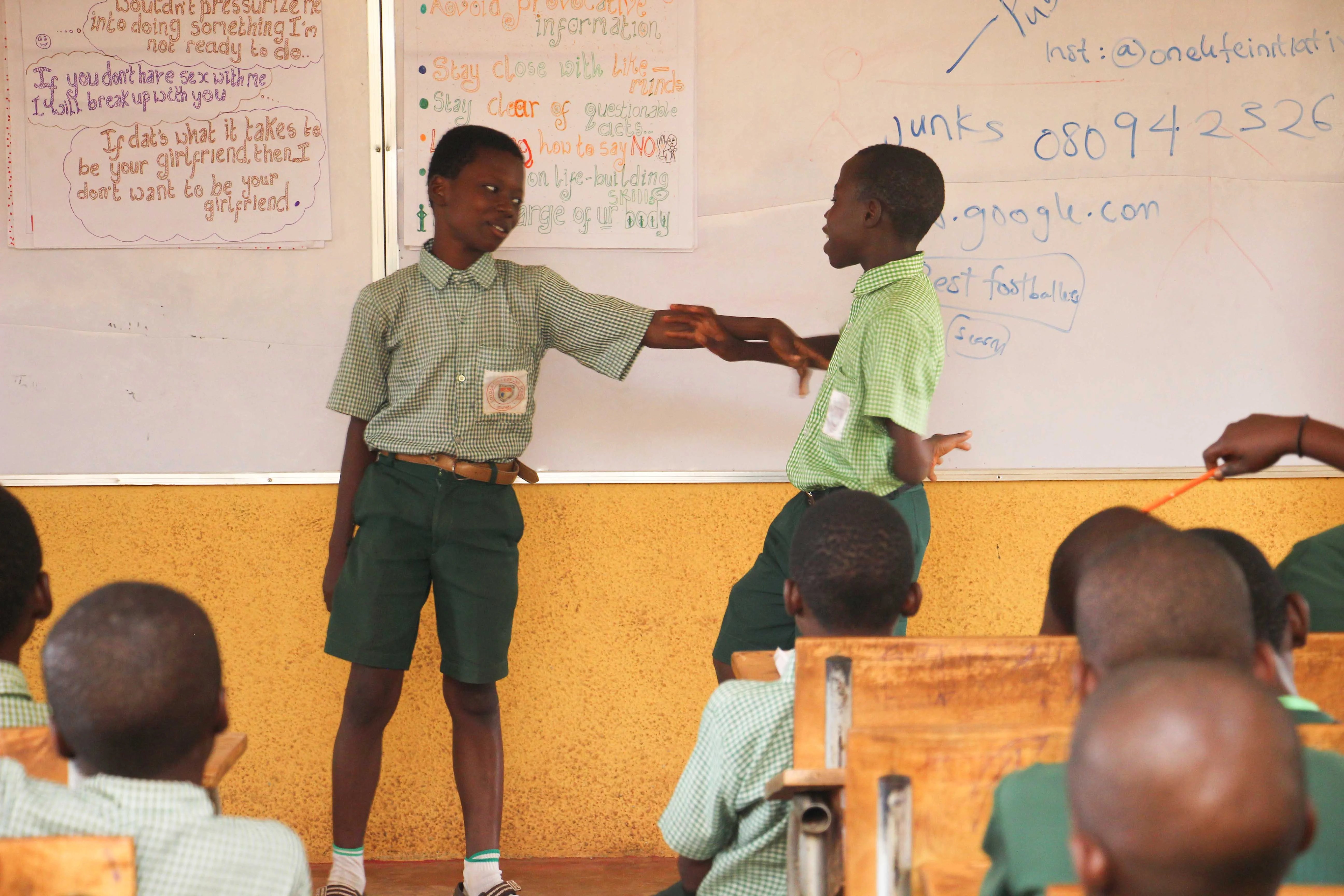 Comprehensive Sexuality Education provides adolescents access to accurate information about their sexual and reproductive health that helps them prevent risky sexual behaviour, which reduces their risk of Sexually Transmitted Infections (including HIV), teenage pregnancy and child marriage. CSE empowers young people by improving their analytical, communication and other life skills for health and well-being in relation to sexuality, human rights, values, healthy and respectful relationships, cultural and social norms, gender equality, non-discrimination, sexual behaviour and violence. The School Connect Project (SCP) provides age-appropriate information on Sexual and Reproductive Health (SRH) to adolescents and young persons. Commonly marginalized group of AYPs are young boys who reproductive health project do not usually focus on.
Comprehensive Sexuality Education provides adolescents access to accurate information about their sexual and reproductive health that helps them prevent risky sexual behaviour, which reduces their risk of Sexually Transmitted Infections (including HIV), teenage pregnancy and child marriage. CSE empowers young people by improving their analytical, communication and other life skills for health and well-being in relation to sexuality, human rights, values, healthy and respectful relationships, cultural and social norms, gender equality, non-discrimination, sexual behaviour and violence. The School Connect Project (SCP) provides age-appropriate information on Sexual and Reproductive Health (SRH) to adolescents and young persons. Commonly marginalized group of AYPs are young boys who reproductive health project do not usually focus on.
The students of Loyola College Junior School who are adolescent boys benefitted from the project. The students were exposed to 4 weeks of training on SRH issues. Topics discussed during the sessions included adolescent and their reproductive health, abstinence, life-building skills, sexual and reproductive health rights, risky sexual behaviours and Sexually Transmitted Infections. A total of 98 students were reached and 82 anonymous questions were elicited from the participants and were appropriately answered by the facilitators.
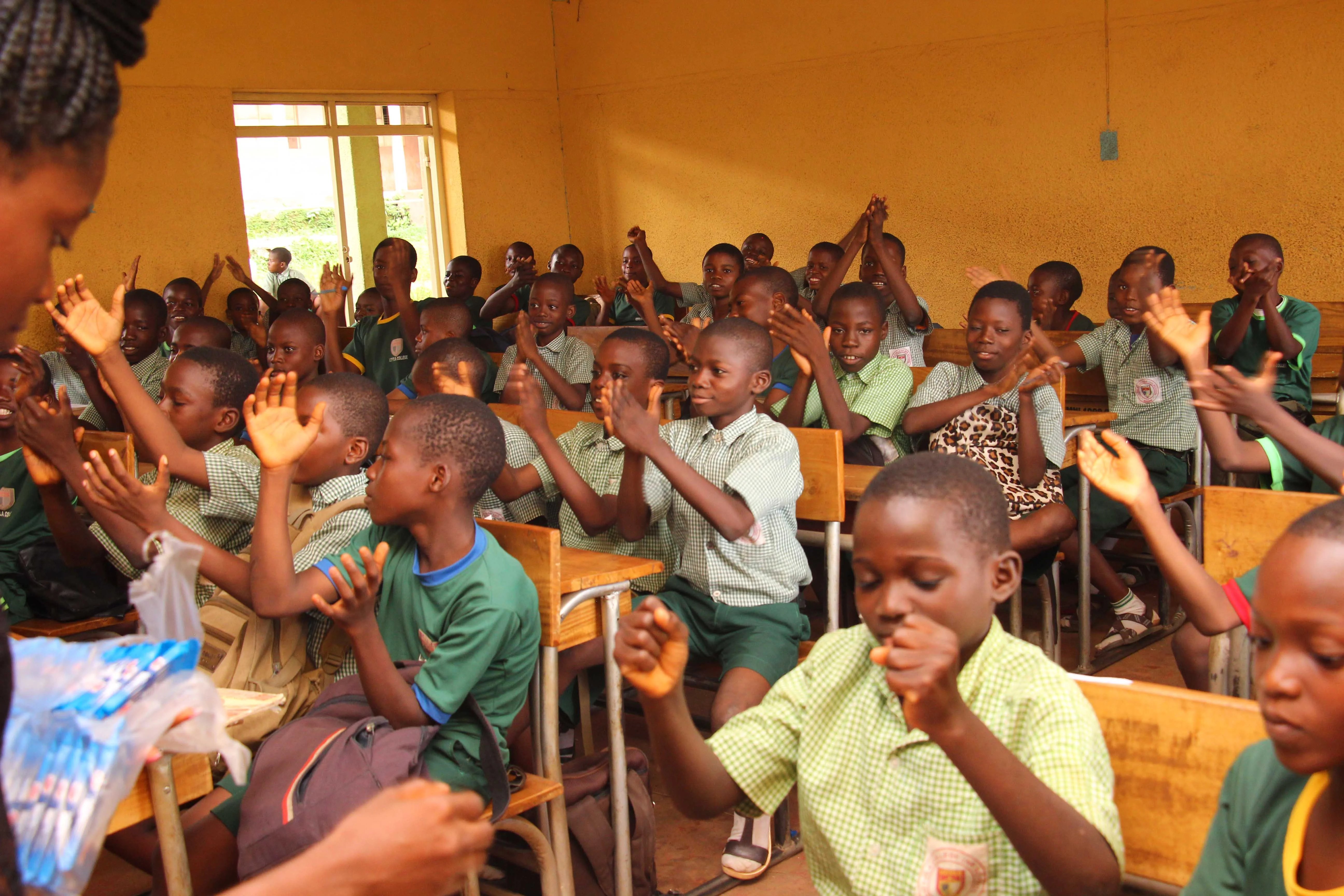 During the session, students were able to identify several changes happening to them which are normal reproductive changes during puberty. The sessions were very interactive as students paid rapt attention and were active during the discussion. Role play, question and answers were activities that were included in the program. Anonymous box was used to allow students ask questions on various aspect of SRH which they were too shy to ask verbally. Age appropriate answers were given to the students and those who had sensitive questions were advised to see the facilitator after the session. The sessions were evaluated after the program to know how much the participants have learnt and their view of the program. The students attested to learning new things about their sexual health and wanted to learn more. The students were happy to have gone through the training and were prepared to spread the information thereby become positive
During the session, students were able to identify several changes happening to them which are normal reproductive changes during puberty. The sessions were very interactive as students paid rapt attention and were active during the discussion. Role play, question and answers were activities that were included in the program. Anonymous box was used to allow students ask questions on various aspect of SRH which they were too shy to ask verbally. Age appropriate answers were given to the students and those who had sensitive questions were advised to see the facilitator after the session. The sessions were evaluated after the program to know how much the participants have learnt and their view of the program. The students attested to learning new things about their sexual health and wanted to learn more. The students were happy to have gone through the training and were prepared to spread the information thereby become positive
